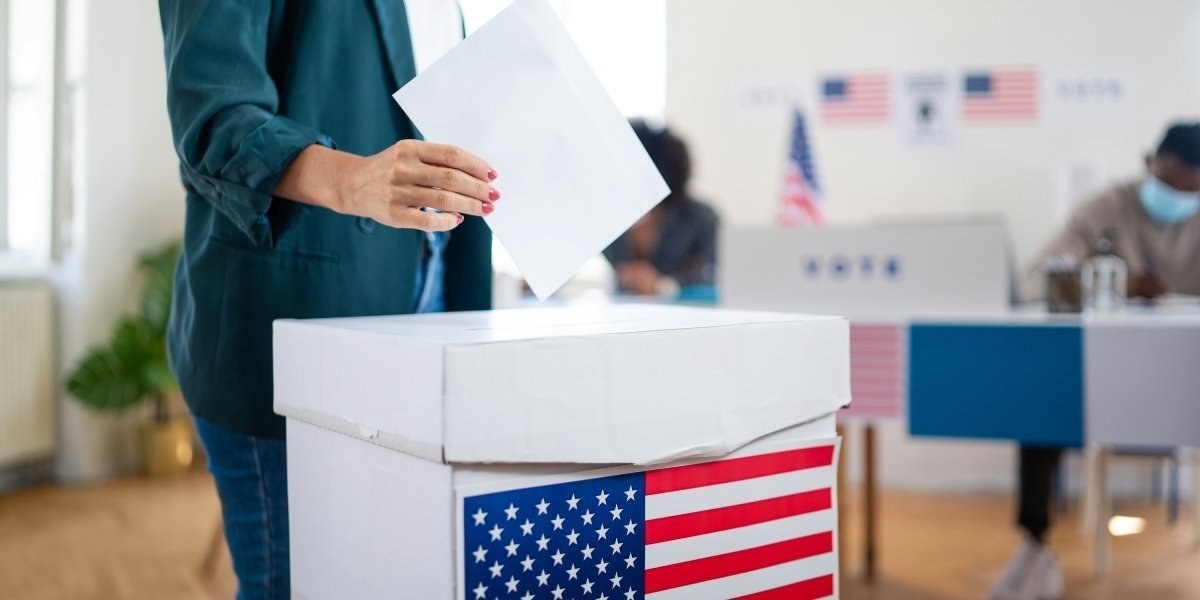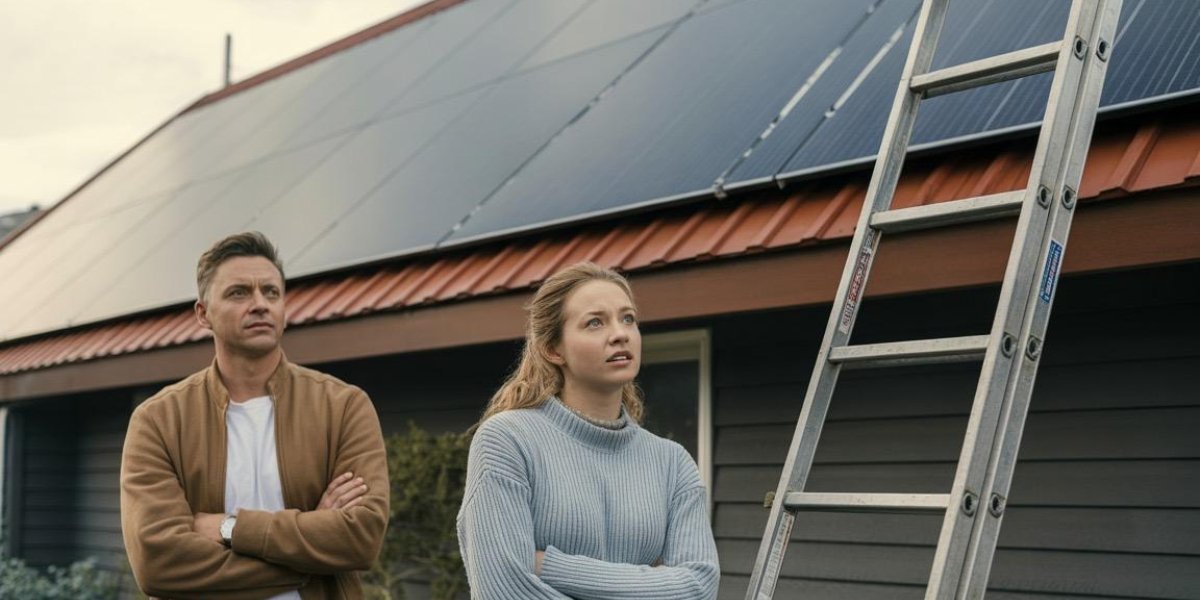Texas is facing renewed scrutiny over changes to its voter registration policies, with recent rollbacks sparking concern among civil rights advocates, community organizers, and everyday citizens. These changes, which include stricter ID requirements, reduced access to registration forms, and limitations on third-party voter outreach, are reshaping how Texans engage with the democratic process.
Understanding the Rollback
The rollback refers to a series of legislative and administrative actions that make it harder for eligible voters to register. In some counties, mobile registration units have been restricted, while online registration options remain limited compared to other states. These changes disproportionately affect rural communities, college students, and historically marginalized groups.
In cities like Houston, El Paso, and San Antonio, voter outreach organizations are reporting increased barriers to participation. Volunteers who once helped register voters at community events now face new certification requirements and legal risks. The result is a chilling effect on civic engagement, especially among first-time voters.
Historical Context and Civil Rights Implications
Texas has a long and complex history with voting rights. From poll taxes to literacy tests, the state has seen decades of voter suppression tactics. While many of these were outlawed during the Civil Rights Movement, modern rollbacks echo past efforts to limit access.
Juneteenth, a holiday rooted in the fight for freedom and equality, reminds Texans of the importance of civic participation. The legacy of emancipation and the ongoing struggle for racial justice are central to Juneteenth: A Day of Celebration, Reflection, and Continued Struggle. As communities gather to honor Black history and resilience, the rollback of voter registration rights feels especially urgent.
Juneteenth is more than a celebration, it’s a call to action. It underscores the need to protect and expand access to the ballot, especially for communities that have historically been excluded from the political process.
Economic and Political Consequences
Restricting voter registration doesn’t just impact elections, it influences economic policy, public services, and representation. When fewer people vote, fewer voices shape the decisions that affect healthcare, education, infrastructure, and taxation.
Concerns about governance and transparency are also rising. Reduced civic participation can weaken oversight and accountability, creating conditions where unethical practices go unchecked. These dynamics are part of a broader conversation about how corruption contributes to economic instability, as outlined in how corruption contributes to economic instability. When public trust erodes and decision-making becomes less inclusive, communities often bear the brunt through underfunded services and uneven development.
In Texas, where economic disparities already run deep, limiting voter access risks further marginalizing communities that rely on responsive and equitable policy-making.
Impact on Young and First-Time Voters
Young voters are among the most affected by registration rollbacks. College campuses, once hubs for voter engagement, are seeing reduced access to registration drives. In some cases, students must travel off-campus to register or navigate complex ID requirements that don’t align with their residency status.
This creates confusion and discouragement, especially for first-time voters who may already feel disconnected from the political process. Civic education programs are working to fill the gap, but without structural support, many young Texans may be left out of upcoming elections.
Community Response and Advocacy

Despite the challenges, communities across Texas are mobilizing. Faith groups, nonprofits, and grassroots organizations are launching voter education campaigns, hosting registration events, and advocating for policy reform. These efforts aim to counteract the rollback and ensure that every eligible Texan has the opportunity to vote.
Legal challenges are also underway. Civil rights attorneys are examining whether the new restrictions violate federal protections under the Voting Rights Act. While outcomes remain uncertain, the legal push reflects growing resistance to policies that undermine democratic participation.
Digital Access and the Push for Modernization
Texas remains one of the few states without full online voter registration. Advocates argue that digital access would streamline the process, reduce administrative burdens, and increase participation, especially among tech-savvy younger voters and those in remote areas.
Efforts to modernize the system have faced political resistance, but public support continues to grow. As more states adopt secure online registration platforms, Texas risks falling behind in accessibility and efficiency.
What Texans Can Do
Texans concerned about voter registration rollbacks can take several steps to stay engaged:
- Verify registration status regularly through official state portals
- Support local voter outreach organizations through donations or volunteering
- Contact elected officials to advocate for expanded access and modernization
- Educate others about registration deadlines, ID requirements, and voting rights
Empowerment starts with awareness. By understanding the impact of these rollbacks and taking action, Texans can help preserve the integrity of their democracy.
A Pivotal Moment for Texas Democracy
The rollback of voter registration access in Texas is more than a policy shift, it’s a test of civic resilience. As communities reflect on their history, confront economic challenges, and celebrate milestones like Juneteenth, the right to vote remains central to the state’s future.
Protecting that right requires vigilance, advocacy, and collective action. Whether through legal reform, community organizing, or public education, Texans have the power to shape a more inclusive and representative democracy, one that honors the past and builds toward a more equitable future.







